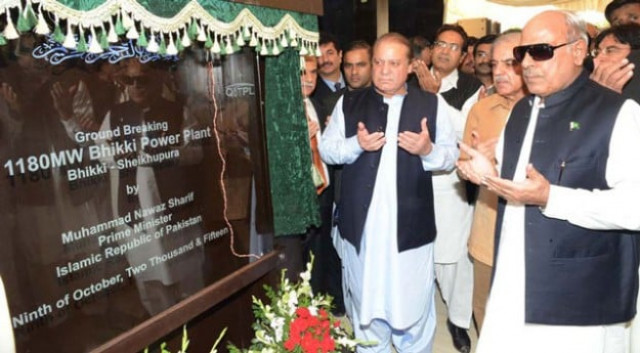Incompetence in the power sector
The elite of Pakistan have for too long sought to create a government that served only their needs and nobody else’s

PHOTO: PID
The first is structural: the institutions of government have a severe misalignment of incentives that effectively mean that nobody faces any disciplinary repercussions for this lack of professionalism. The second is even more worrying than the first: even if there was a desire to do the right thing on the part of civil servants, most of them are too incompetent to get the job done.

Both problems, however, have a single origin. The elite of Pakistan have for too long sought to create a government that served only their needs and nobody else’s. For seven decades now, we have consistently built and maintained a system of government where the bureaucracy is not used to being answerable to the people, even under a democratic government. And seven decades of underinvestment in education have meant that the vast majority of people who do make it into the highest echelons of government are not — in any objective sense — qualified to do the job of running a country. How else does one explain the fact that the single policy item that is easily number one on Prime Minister Nawaz Sharif’s agenda from the day he took office — fixing the power sector — is also one where no amount of money or ministerial determination appears to be able to get matters resolved. The problem is deeper than just a project delayed. It is in the very edifice of our political economy. Until we address that, all else will be just temporary bandages.
Published in The Express Tribune, October 10th, 2015.
Like Opinion & Editorial on Facebook, follow @ETOpEd on Twitter to receive all updates on all our daily pieces.















COMMENTS
Comments are moderated and generally will be posted if they are on-topic and not abusive.
For more information, please see our Comments FAQ